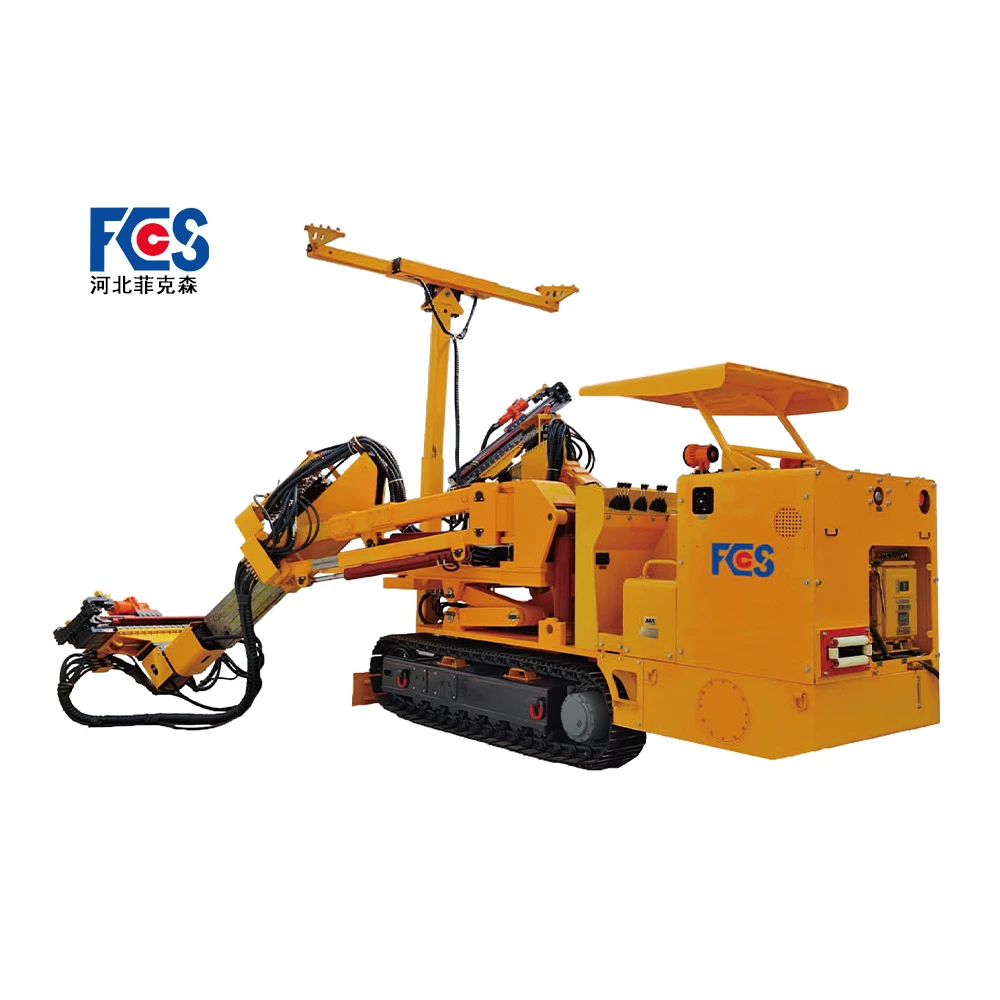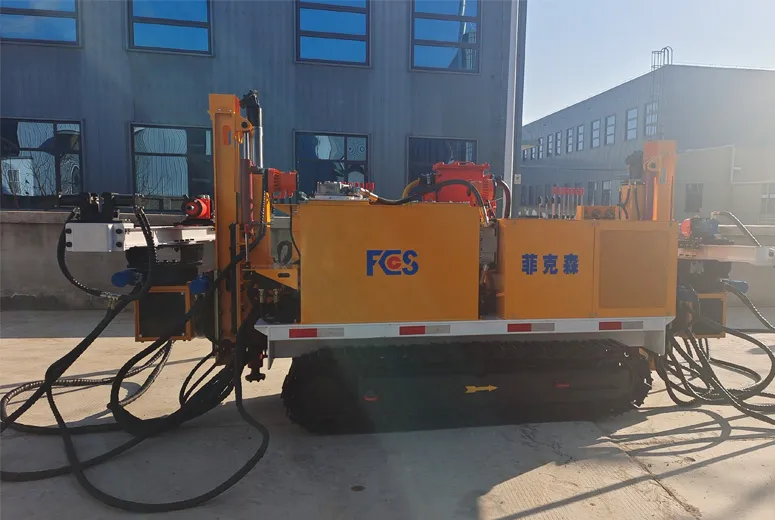- Afrikaans
- Albanian
- Amharic
- Arabic
- Armenian
- Azerbaijani
- Basque
- Belarusian
- Bengali
- Bosnian
- Bulgarian
- Catalan
- Cebuano
- Corsican
- Croatian
- Czech
- Danish
- Dutch
- English
- Esperanto
- Estonian
- Finnish
- French
- Frisian
- Galician
- Georgian
- German
- Greek
- Gujarati
- Haitian Creole
- hausa
- hawaiian
- Hebrew
- Hindi
- Miao
- Hungarian
- Icelandic
- igbo
- Indonesian
- irish
- Italian
- Japanese
- Javanese
- Kannada
- kazakh
- Khmer
- Rwandese
- Korean
- Kurdish
- Kyrgyz
- Lao
- Latin
- Latvian
- Lithuanian
- Luxembourgish
- Macedonian
- Malgashi
- Malay
- Malayalam
- Maltese
- Maori
- Marathi
- Mongolian
- Myanmar
- Nepali
- Norwegian
- Norwegian
- Occitan
- Pashto
- Persian
- Polish
- Portuguese
- Punjabi
- Romanian
- Russian
- Samoan
- Scottish Gaelic
- Serbian
- Sesotho
- Shona
- Sindhi
- Sinhala
- Slovak
- Slovenian
- Somali
- Spanish
- Sundanese
- Swahili
- Swedish
- Tagalog
- Tajik
- Tamil
- Tatar
- Telugu
- Thai
- Turkish
- Turkmen
- Ukrainian
- Urdu
- Uighur
- Uzbek
- Vietnamese
- Welsh
- Bantu
- Yiddish
- Yoruba
Hydraulic Rotary Piling Rig High-Efficiency, Durable Drilling Solutions
Did you know 42% of piling projects miss deadlines due to equipment failures? While traditional rigs struggle with rocky soil and tight spaces, hydraulic rotary piling rig
s deliver 2.3x faster drilling speeds. Let's explore how this game-changing technology saves your projects.

(hydraulic rotary piling rig)
Technical Superiority That Makes Competitors Nervous
Our hydraulic piling rigs outperform diesel models with 310 kN·m torque output - enough to chew through granite like butter. The secret? Three revolutionary features:
- ▶️ 360° continuous rotation
- ▶️ 18% fuel savings vs competitors
- ▶️ 2.5m/s maximum drilling speed
Head-to-Head: Why We Win Every Bid
| Feature | Our HRP-580 | Competitor Model |
|---|---|---|
| Max Torque | 310 kN·m | 260 kN·m |
| Noise Level | 72 dB | 89 dB |
See that 18% torque advantage? That's why our clients complete projects 3 days faster on average.
Your Site, Your Rules: Custom Solutions
Need to work in 15m narrow alleys? Our modular hydraulic rig for piling adapts to 87% of urban constraints. Choose from:
Proven Success: Coastal Highway Project
When Florida contractors needed to drive 800 piles through coral rock, our hydraulic rotary rig delivered:
- ✅ 22 piles/day average
- ✅ 0 equipment downtime
- ✅ $18,500 fuel savings
Ready to turn your piling headaches into profit margins?
Speak with our piling experts within 24 hours

(hydraulic rotary piling rig)
FAQS on hydraulic rotary piling rig
Q: What is a hydraulic rotary piling rig used for?
A: A hydraulic rotary piling rig is designed to drill deep foundation piles using hydraulic power. It rotates drilling tools to bore into soil or rock, commonly used in construction for bridges, buildings, and infrastructure projects.
Q: How does a hydraulic piling rig differ from conventional piling equipment?
A: Hydraulic piling rigs offer higher torque and precision due to advanced hydraulic systems. They are more adaptable to complex terrains and provide quieter, vibration-reduced operation compared to diesel-powered alternatives.
Q: What are the key advantages of using a hydraulic rig for piling?
A: Key advantages include energy efficiency, precise control over drilling parameters, and versatility in handling multiple pile diameters. Hydraulic systems also enable faster setup and reduced environmental impact.
Q: Can hydraulic rotary piling rigs work in all soil conditions?
A: Yes, these rigs can operate in diverse soil types, including soft clay, hard rock, and sandy layers. Customizable attachments like augers or core barrels allow adaptation to specific geological challenges.
Q: How often should hydraulic systems in piling rigs be maintained?
A: Hydraulic systems require routine checks every 250-500 operating hours, including fluid changes and seal inspections. Proper maintenance prevents leaks and ensures optimal performance in demanding piling applications.



